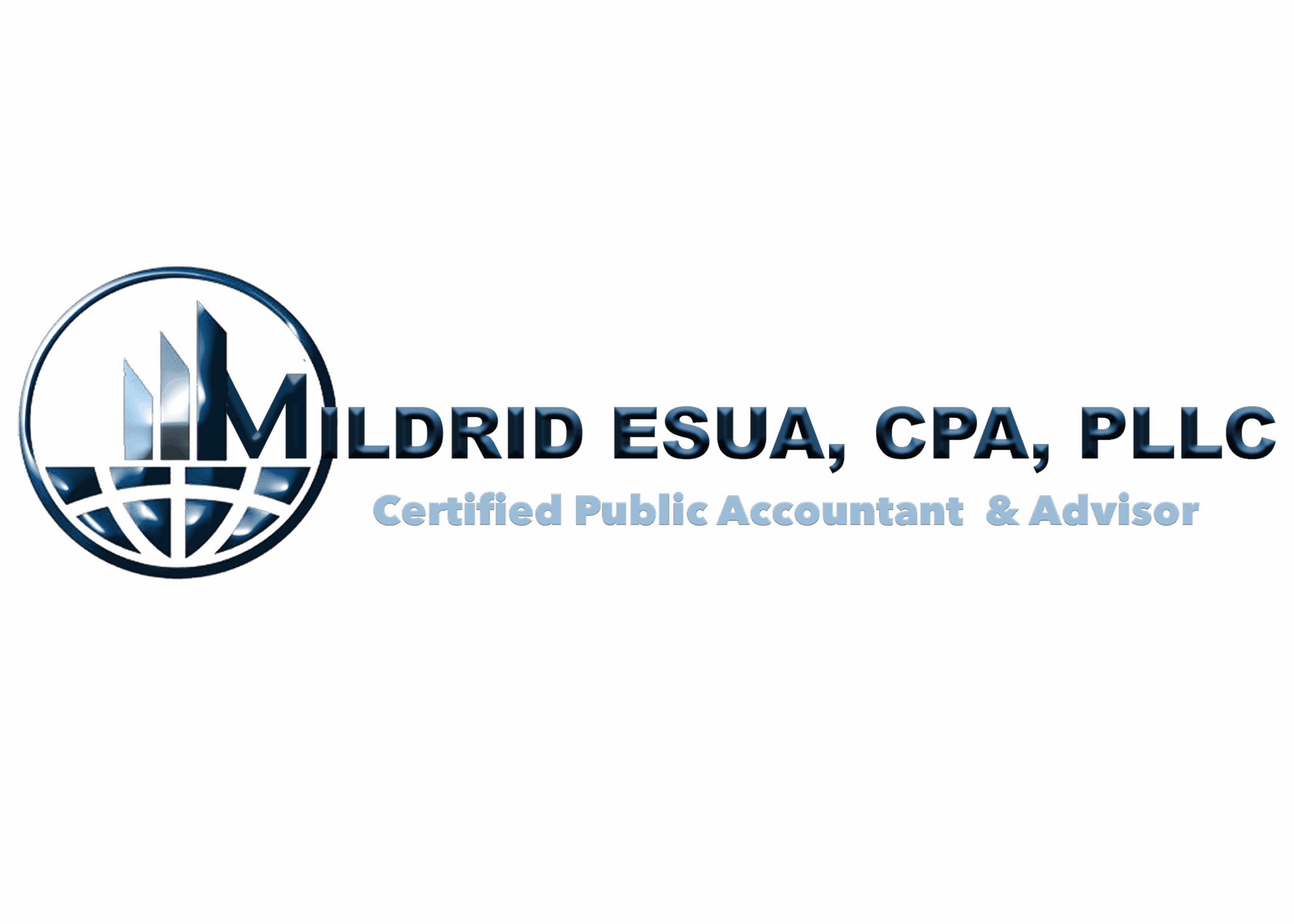Construction business owners regularly have to report to financial institutions. Whether they are requesting a bank to increase their line of credit, or asking for a loan, or they may need to get bonded or insured for an upcoming project, it’s important that the owners have all of their financial statements in order before they approach the bank or bonding agent. Fortunately, there are rules and guidelines that owners can follow to ensure they are preparing the right types of statements and doing so correctly. Called GAAP (Generally Accepted Accounting Principles), these rules are set by the FASB and promote transparency in accounting.
GAAP REQUIRES THE FOLLOWING 5 STATEMENTS TO BE INCLUDED IN A COMPLETE SET OF FINANCIAL STATEMENTS:
Statement of stockholders equity.
Statement of cash flow.
Footnotes. Footnotes break down the balance sheets and provide more detail on each account.

